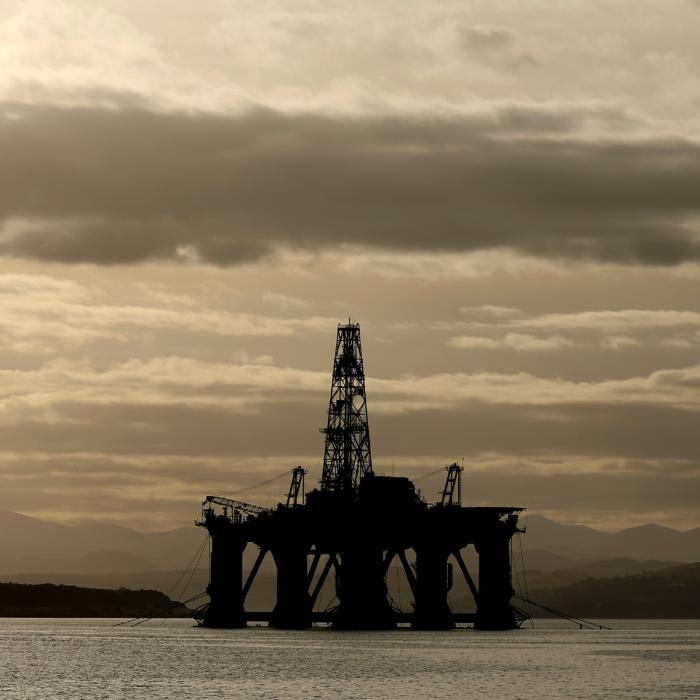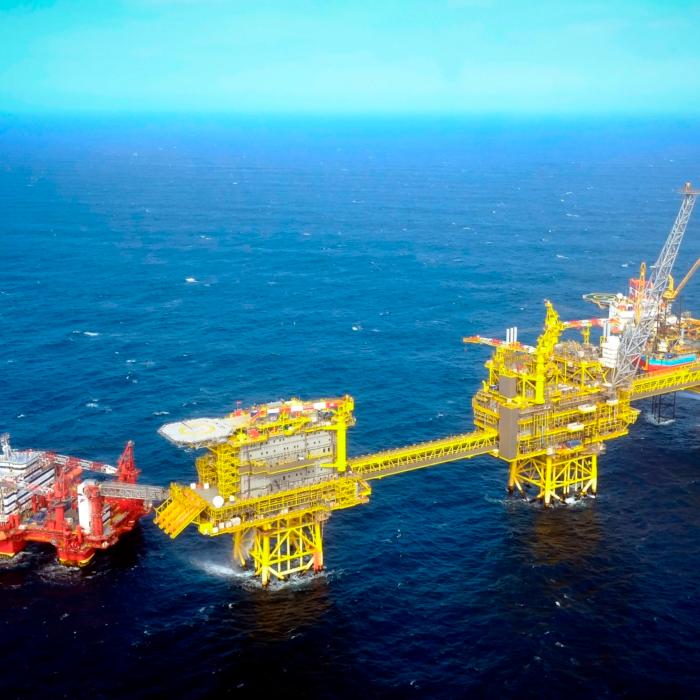The government has approved 24 new licenses for oil and gas exploration in the North Sea to “ensure job security” and provide “benefits” to the UK economy.
The decision has been met with criticism from environmental campaigners, who have argued that the UK economy will suffer from reliance on fossil fuels.
The regulator reported that 76 companies made 115 bids, which showed an “appetite within the industry to explore the UK Continental Shelf.”
The new batch of licenses brings the total to 51, after 27 licences were offered in the first allocation last year.
Political Debate
The decision is part of the ongoing political debate about the importance of domestic energy production and adherence to Britain’s net zero strategy.The strategy aims to decarbonise all sectors of the UK economy to meet the net zero target by 2050. According to Prime Minister Rishi Sunak, domestic energy “will play a crucial role in the transition to net zero.”
“We will continue to need oil and gas over the coming decades, so it is common sense to make the most of our own resources—with domestically produced gas almost four times cleaner than importing liquefied natural gas from abroad,” said Minister for Energy Security and Net Zero Graham Stuart.
‘Outdated Energy System’
Industry experts have warned that it would be a “historic mistake” to wait until UK oil and gas runs out. Stopping licenses and oil development will starve the UK of energy and make it dependent on energy from abroad, said Gilad Myerson, executive chairman of oil and gas operator Ithaca Energy.Ithaca Energy has stakes in six of the ten largest oil and gas fields in the North Sea, where the Labour leadership plans to end new exploration.
Environmental campaigners have criticised the NSTA’s decision to award new licenses, which they said will “only further fuel the climate emergency.”
“New gas and oil licences will do nothing to help people struggling with the cost-of-living crisis or boost energy security. But it will keep our economy locked into an outdated energy system dangerously reliant on fossil fuels,” said Friends of the Earth climate co-ordinator, Jamie Peters.
Lawmakers should prioritise developing Britain’s “huge renewable potential” and investing in a green economy, Mr. Peters added.
The regulator will offer the remaining blocks after the Offshore Petroleum Regulator for Environment and Decommissioning finalises the environmental evaluations.







